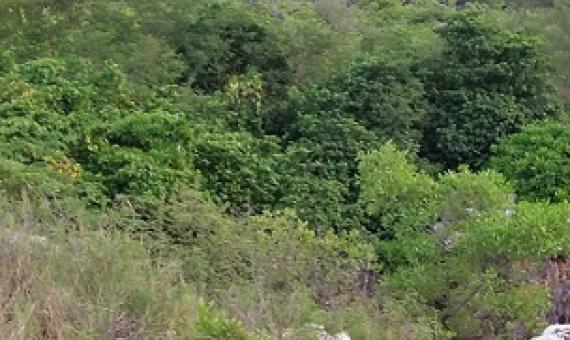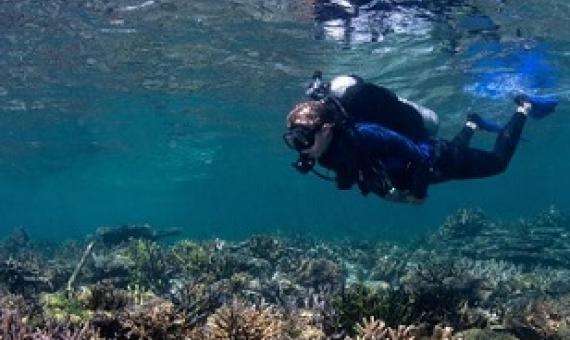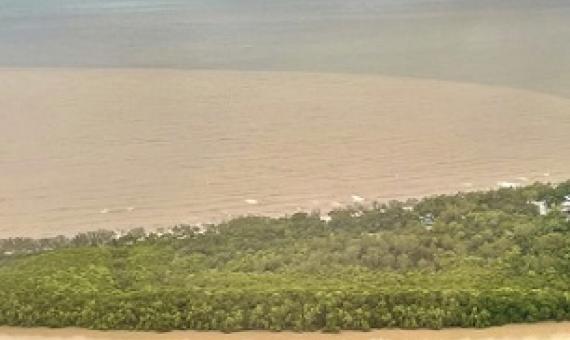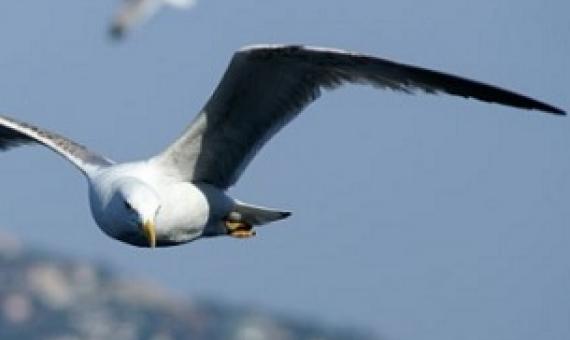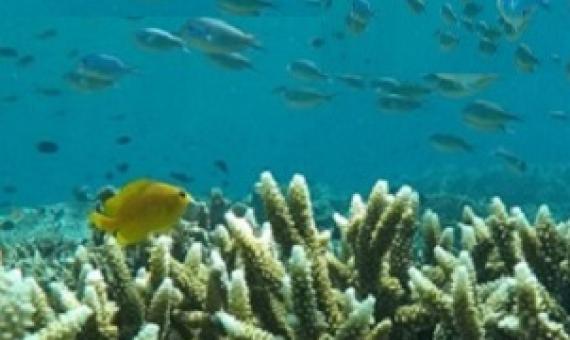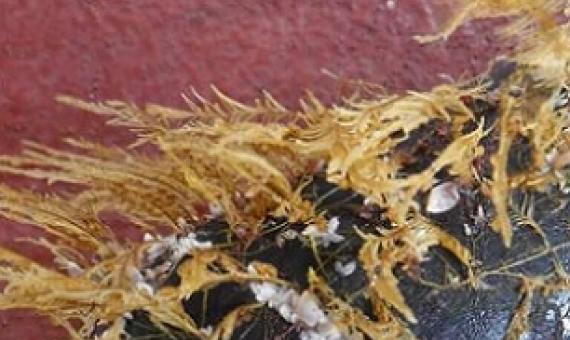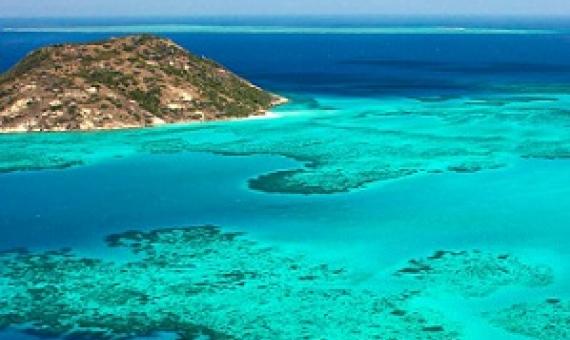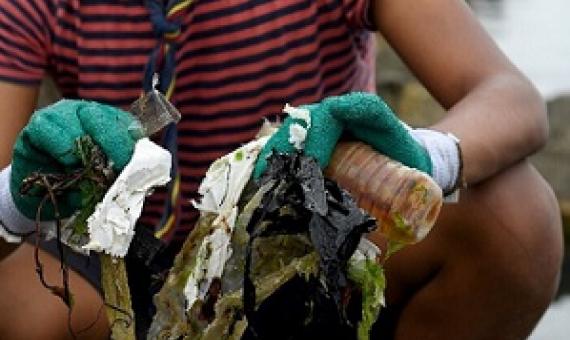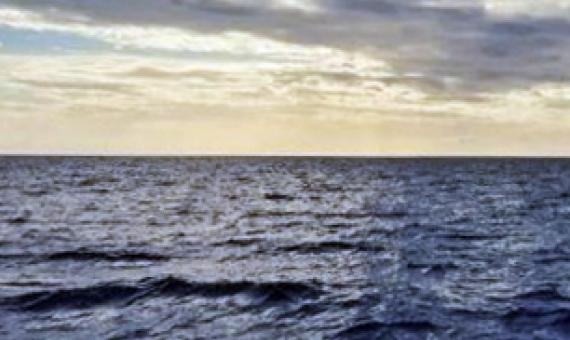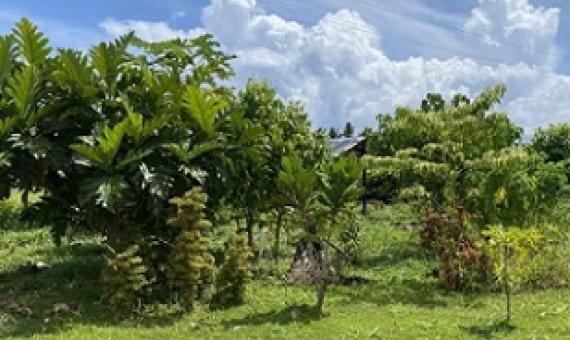Researchers at UC Santa Cruz are contributing new insights into the challenges plants face in adapting to climate change.
Scientists who "eavesdropped" on a restored coral reef in Indonesia say their recordings of fish "whooping, croaking and growling" are the reef coming back to life. Over a decade, the reef has been re-seeded with new corals. The researchers used underwater microphones to record at the site.
Corals have declined by 50% over the last 30 years, with losses of 70-90% expected by mid-century. This mass decline is largely attributed to human activity.
As seabirds’ food security is threatened by human activity, new research in Ireland has found that birds with tracking devices have been follow fishing vessels for food...Human activity is threatening seabird populations.
Harmful to ocean and aquatic life, microplastics make up the nearly three percent toxic pollutants in shallow, tropical waters where corals flourish.
Coastal plants and animals have found a new way to survive in the open ocean—by colonizing plastic pollution. A new commentary published Dec.
In 2016, Stephen Simpson, a marine biologist at the University of Bristol in England, returned to a study site off Australia’s Lizard Island, part of the Great Barrier Reef.
The United States is by far the biggest contributor to global plastic waste in the world, according to a new report submitted to the federal government Wednesday that called for a national strategy to tackle the growing crisis.
The pelagic ocean covers over 50 percent of the planet's surface and many of the species that call it home travel thousands of miles each year, seeking food and suitable nursery grounds.
Aided by traditional Samoan healers, researchers isolated the bioactive compounds from the leaves of a small, tropical tree called Psychotria insularum.

